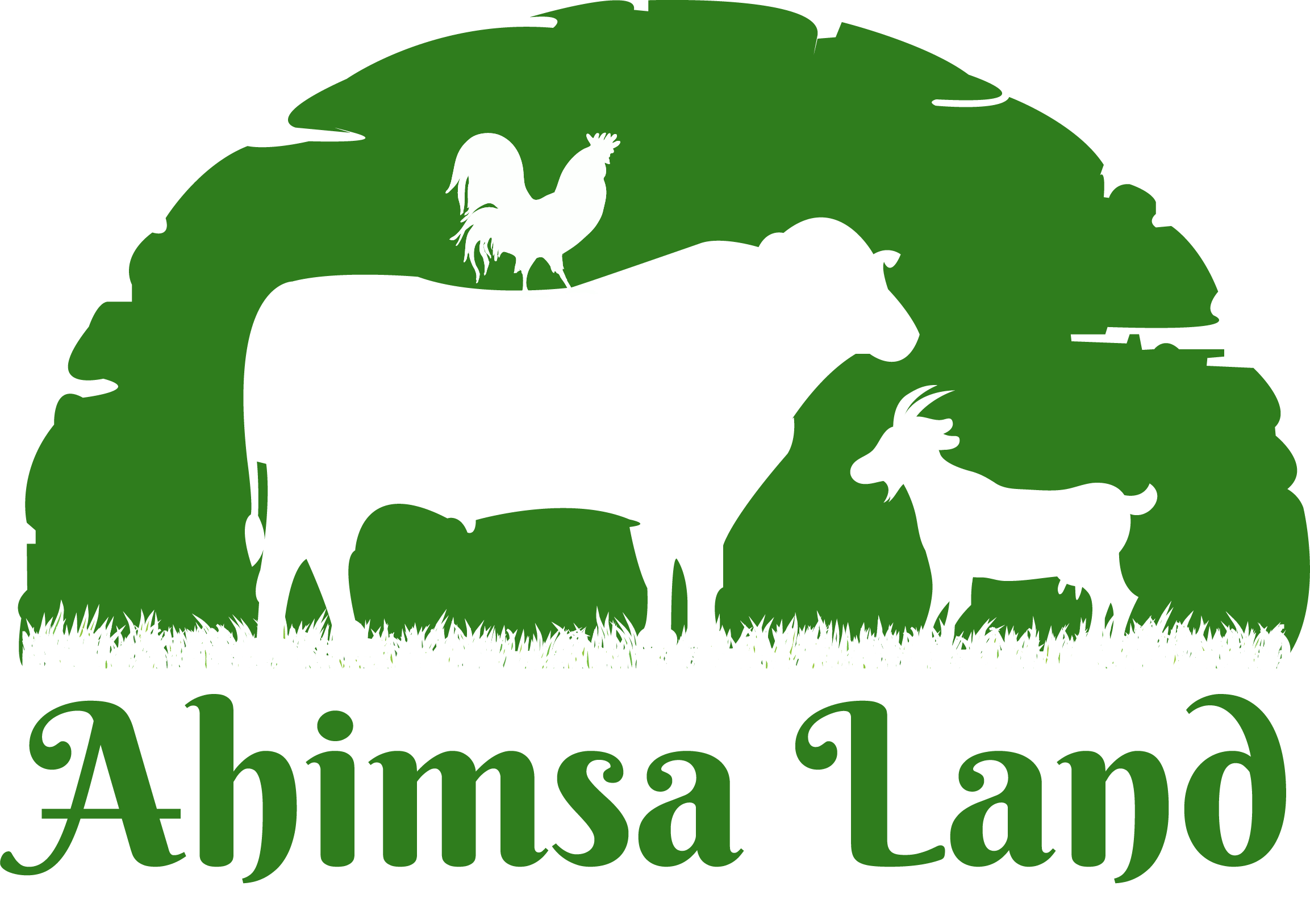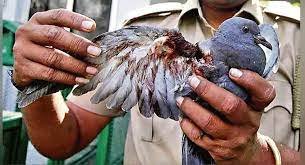
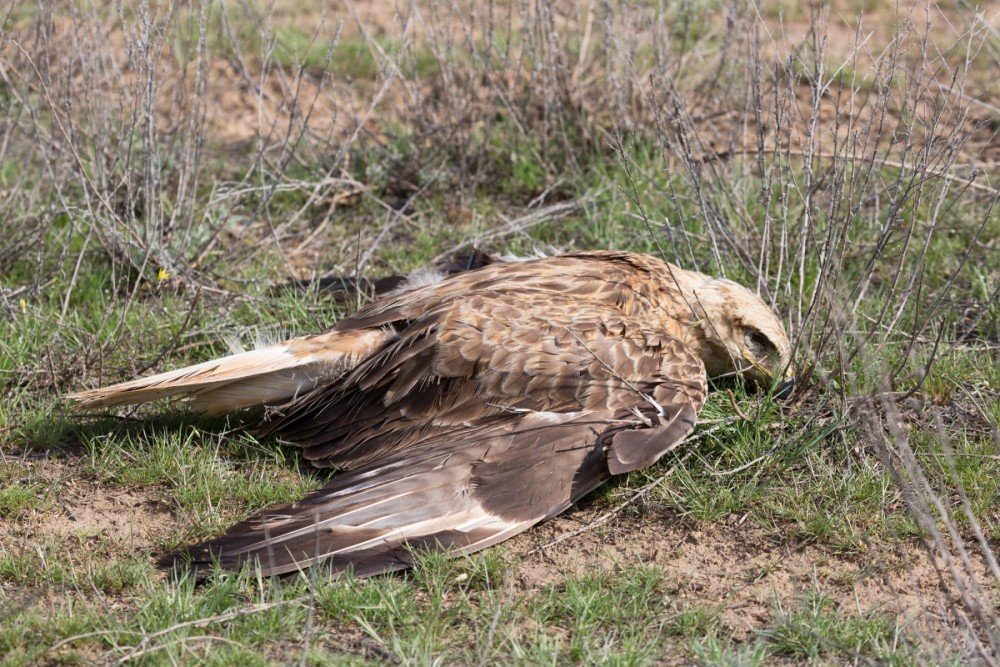
Agriculture and its allied sectors being the mainstay of India’s economy, especially in our vast rural areas where the majority of our population resides, we celebrate several festivals that signify certain events relevant to farming. Makar Sankranti or Uttarayan (uttar meaning north) is celebrated every year on 14th January (on 15th January in leap years) on the day the sun transitions from the zodiac Sagittarius to Capricorn or makar rashi, when the sun moves into the northern hemisphere bringing in longer days. In Maharashtra, though it is celebrated majorly by women who dress up in all their finery and offer agricultural produce comprising of millets, fruits, vegetables and legumes, kite flying has also become part of this festival with young men and children flying kites all day long. For birds this becomes a day of pain, suffering and death. The ‘manja’ or the thread/string used to fly these kites is extremely sharp, not clearly visible to flying birds and often parts of it get entangled in trees and wires overhead becoming a threat to the survival of these magnificent flying beings. While most of us enjoy this day with sweet sesame seed ladoos, birds caught in the manja fight for their lives, many starving to death if not rescued. Our very celebration becomes death fields for both local and migratory birds with the manja mangling their wings or cutting off their feet.
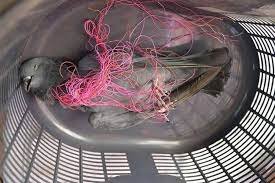
Image: Milaap
There are three main kinds of kite string used in kite flying. The first is the regular thread which is not very strong and breaks easily. The second one is dangerous and is made of nylon and the most dangerous one is the glass coated manja, which is mostly imported from China. In 2017, the National Green Tribunal banned the sale, production, storage and use of the nylon and Chinese glass-coated manja which can easily cut through skin and injure birds like pigeons, parrots, sparrows, crows, owls, endangered vultures, pelicans etc. by cutting through their wings or other body parts. There have been, and still are, many cases of people getting seriously injured or even getting killed. Ahead of Independence Day in 2023, the Delhi Environment Minister Gopal Rai issued instructions to all the concerned departments adding that violators will attract a fine of up to Rs 1 lakh and five years in prison in the national capital, but it is still being sold illegally or is being used by people from what they had bought in previous years in Delhi as well as in other cities.
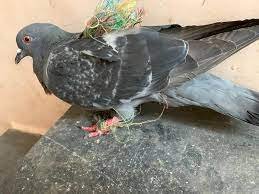
Birds have families too. Many birds go out looking for food for their young ones and never come back to their nests. The little ones wait and ultimately die of starvation. Wings of birds are the most important part of their body for their movement. If their wings get injured or cut off, it’s almost impossible for them to survive. They not only suffer the pain of the wound but also die of hunger and thirst because there is no way for them to look for food.
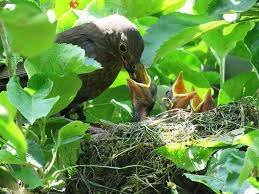
So, how can you help? The best thing would be to ensure you don’t fly kites yourself and also encourage your family and friends not to. The next best thing you could do is to get connected with your local shelters or bird rescue teams and help them the best way you can. You can also start awareness campaigns in your city, town or village to educate people about the harm kite flying causes. And of course, if you find any shop selling the banned thread, you must report it to the police so it gets confiscated.
OUR CAMPAIGN
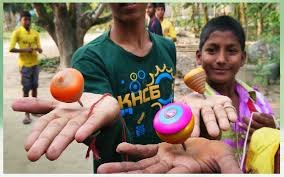
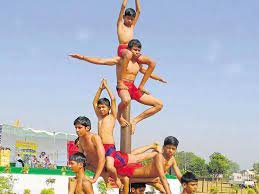
Wouldn’t it be wonderful if all our festivals celebrated life and didn’t cause harm to any sentient being? Join us to change the viewpoint about festivals. We want our youngsters to grow up being compassionate to all living beings and to this end we are campaigning to bring back traditional ways of spending time like top spinning and the malkhamb (wrestling on a pole) instead of kite flying. Let us know if you are interested in getting your school to be a part of this campaign and we will help you with it wherever you are.
